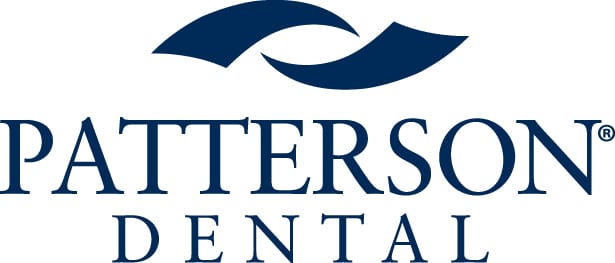By: Mohammed Hammoud
I’m Mohammed Hammoud, a third-year student at the LECOM School of Dentistry with a passion for dentistry as an issue of public health and social well-being.
Before Dental School
Before dental school, I worked with a public health organization and shadowed a dentist running a clinic in South Africa.
It was a moving experience.
The clinic was as affordable as possible, but many patients were so poor that extraction, which was free, was the only way of fixing their tooth pain.
We had to focus on providing the best possible care with thinly-stretched resources, and that pushed me
to adapt and develop my abilities as a caregiver — and it made me think differently about dentistry.
Dentistry is Often Overlooked as a Core Issue in Public Health
There is a tendency, in circles dealing with public health, to overlook dentistry as a core issue.
This is shocking to me — as we know, poor oral health is associated with a number of very
serious comorbidities, including cardiovascular diseases, osteoporosis, arthritis, and even mental
health issues.
Further, the system is, in many ways, oriented against those who are most in need of public health resources.
General Aversion to Medicaid and Government Insurance Programs
The general aversion to Medicaid and other government insurance programs is understandable but often makes treatment less accessible; and the prevalence of conservative preps, while generally regarded as best practice, can increase costs for patients in the long term compared to more thorough treatment.
All this is simply to recognize that there are broad systemic factors making dental care a particularly difficult area in the field of public health.
This is true in areas of the Global South, like South Africa, where medical care is desperately needed and often made secondary to the daily cost of living, but it is also true in more affluent areas of the world, where there are serious gaps in dental coverage that go ignored.
My own hometown of Dearborn, Michigan is critically underfunded, and many communities across the country are in similar situations.
So What Can Be Done?
Systemic issues like these may only be solved through systemic change and better funding for dental health on a political level, but individual practitioners can still make an enormous difference.
We might not be able to change the world, but we can change lives, and that’s worth a lot. In my view, the best thing we can do is donate our time to areas that need it, whether that’s in the Global South or less affluent local communities.
It’s less lucrative, of course, but in many ways, it’s more rewarding. Even certain dental schools and organizations, including my own LECOM, have outreach programs to provide affordable dental care to the community.
Getting other people involved, too, can help make a big difference. In any case, just being aware of why dentistry is so critical as a public health issue is essential.
Photo by cottonbro studio


